Dutch Prime Minister Mark Rutte handed in his resignation during the weekend, as his coalition government collapsed following days of talks that brought no agreement on how to deal with asylum seekers arriving in the Netherlands. Mr Rutte told a press conference, that
the disagreements within the coalition on migration had proved irreconcilable and that the four parties had reached a joint conclusion that no agreement was possible.
Migration policy has been the subject of debate within the coalition for months. The liberal-conservative Free Democratic People's Party (VVD) and the Christian Democratic Alliance (CDA), led by the PM Rutte, have called for restrictions on the number of asylum seekers arriving in the Netherlands, while the liberal-leaning 66 Democrats (D66) and the Christian Union Party have rejected these. One reason for the disagreement centered around the creation of a two-status system for asylum seekers, whereby they would be assigned either an „A” or a „B” status at the start of their application process. Status A would mean a permanent residence permit, while status B would be interim. The debate focused on whether persons boasting a B status would also be entitled to family reunification rights.
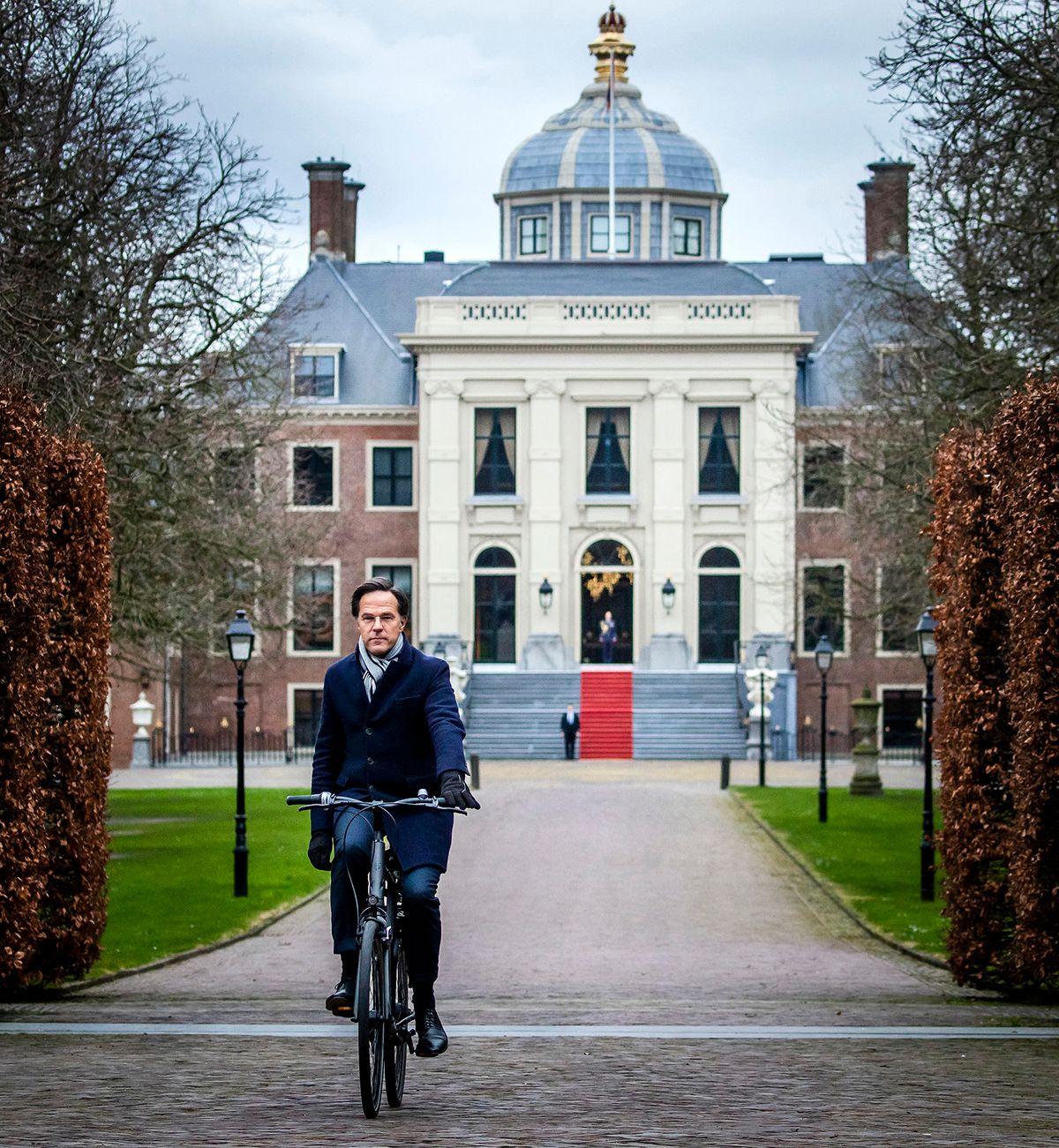
– This is not the first time that Mark Rutte has been forced to resign as prime minister. He also had to quit back in 2021, because of a scandal erupting over childcare subsidies. He then won re-election with his party, leading the now collapsed four-party coalition government that was re-established in 2022. Now, however, he is in a worse position, and is unlikely to command a decision-making role, if the general election was held today, Petra Halko told the daily Magyar Nemzet newspaper. The senior analyst at the 21st Century Institute added, that
the multi-party coalition governments mainly prevalent in Western Europe are telling in the sense that they reflect voters' distrust and lack of representation. On the other hand, they also foreshadow an instability and uncertainty factor in the political system.
We see the result of this today in the unfolding debate around migration in the Netherlands, which affects people's identity in one of the most profound ways. The analyst underlined that
in the Netherlands, as in most European countries, migration has been a political „hot topic” for years.
– The population is growing, albeit slightly, but this is due to migrants coming from inside and outside Europe who are being imported in a humanitarian guise to address labor market shortages. This policy, on the other hand, represents a serious economic and social burden for Dutch citizens. In addition, there have been repeated concerns about public safety and the extremely poor conditions in facilities intended to accommodate asylum seekers. This situation is generating coded ethnic tensions in society, which – at some point – will catch up with the political sphere, the analyst noted.
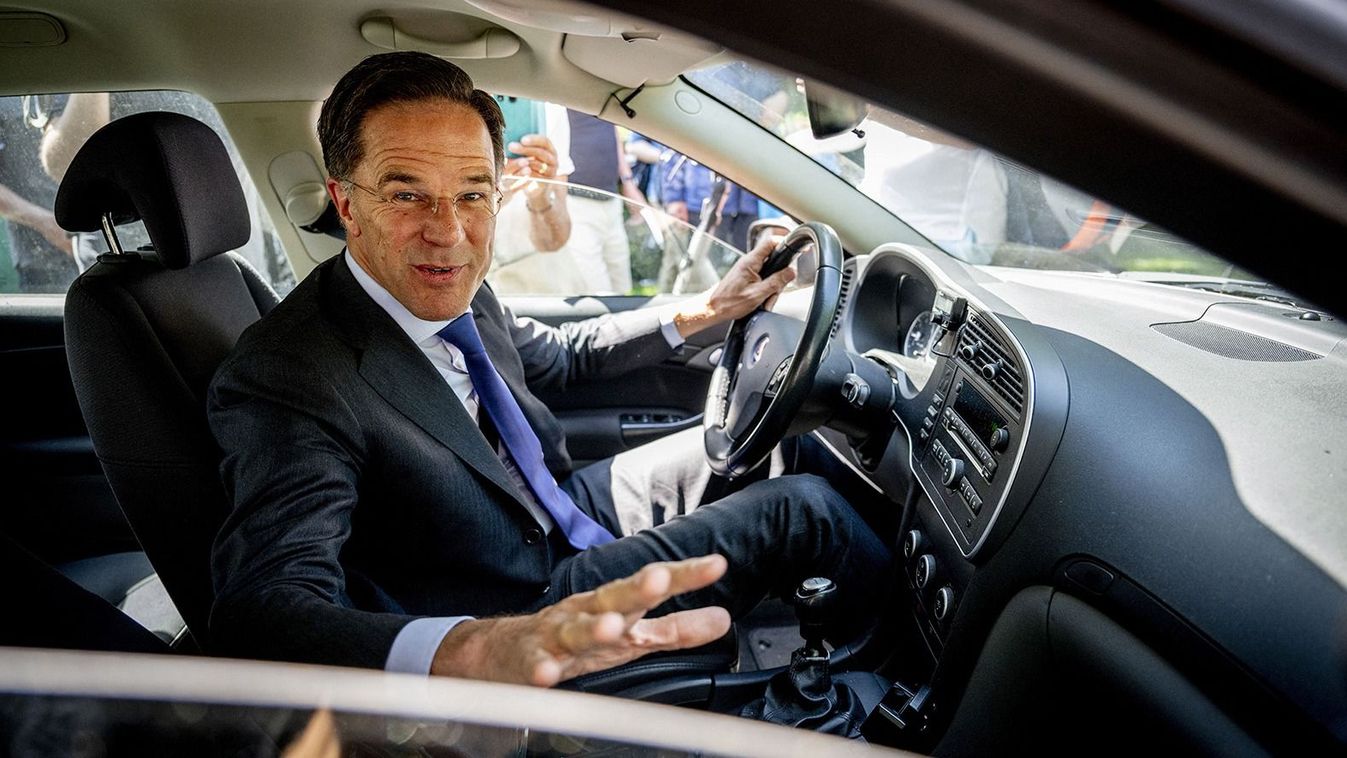
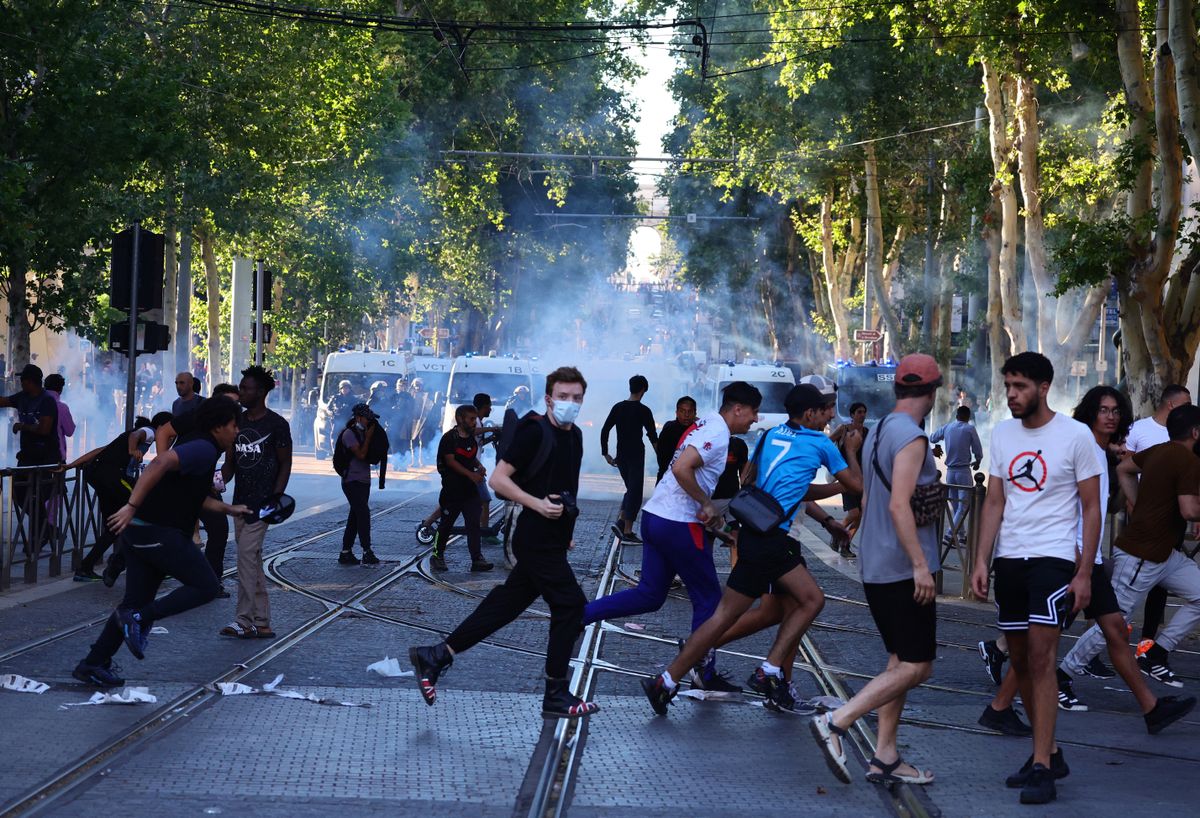





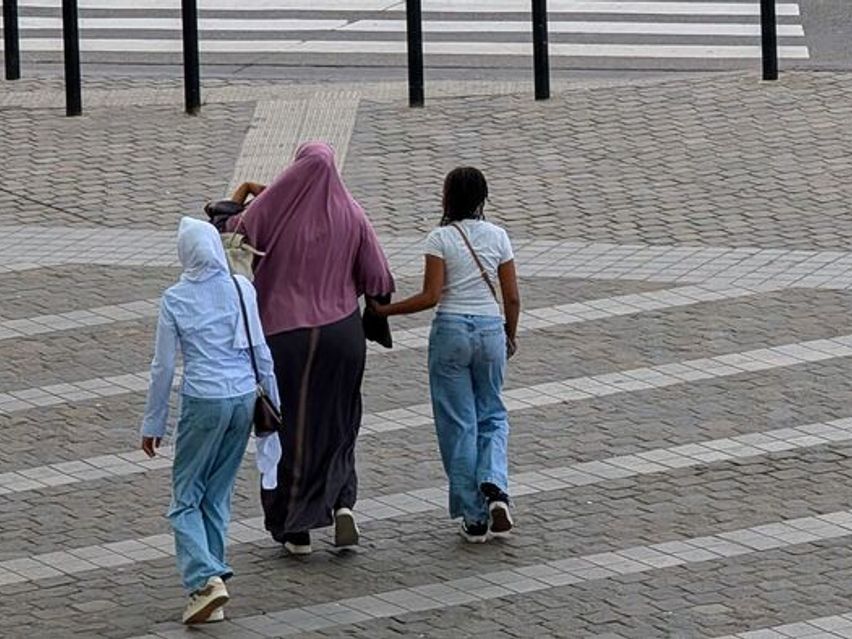
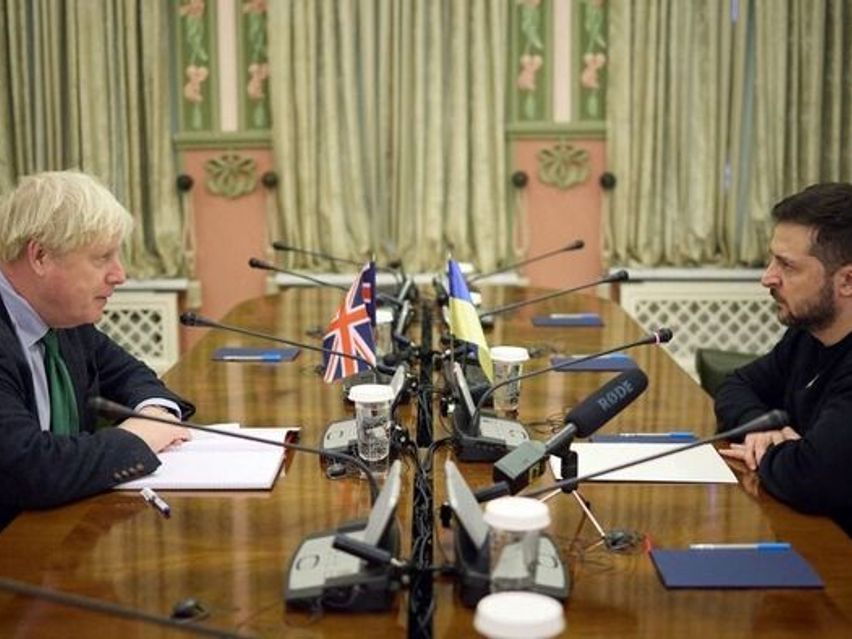
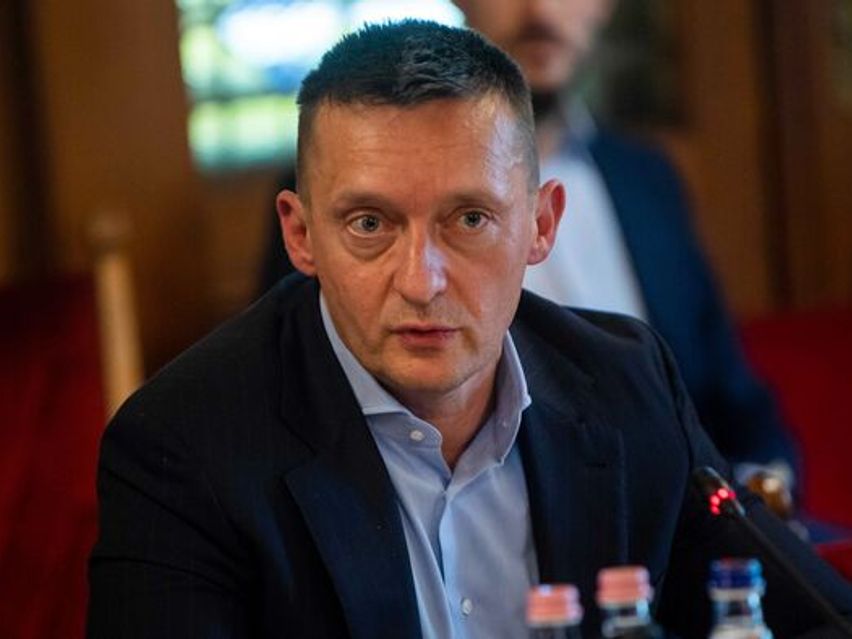
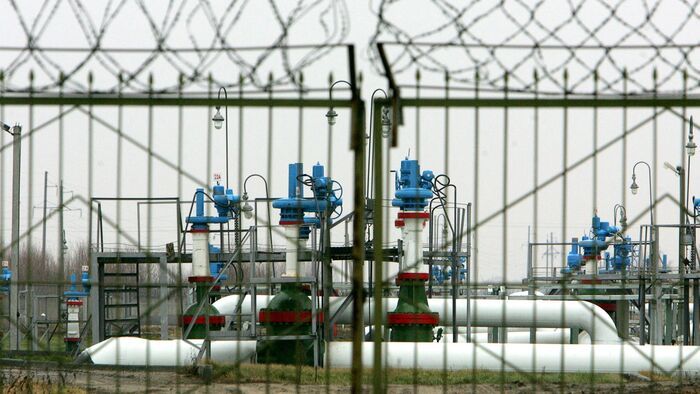




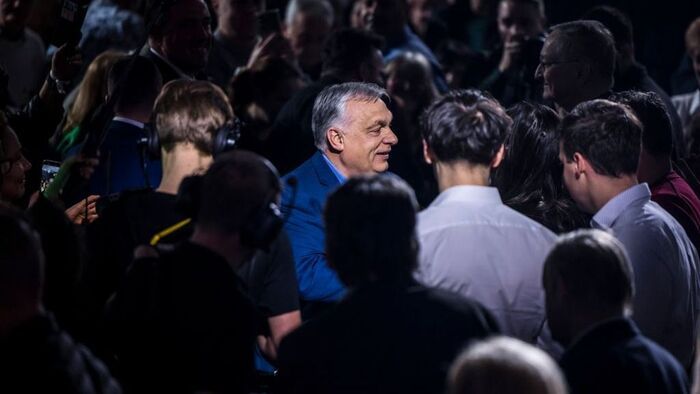
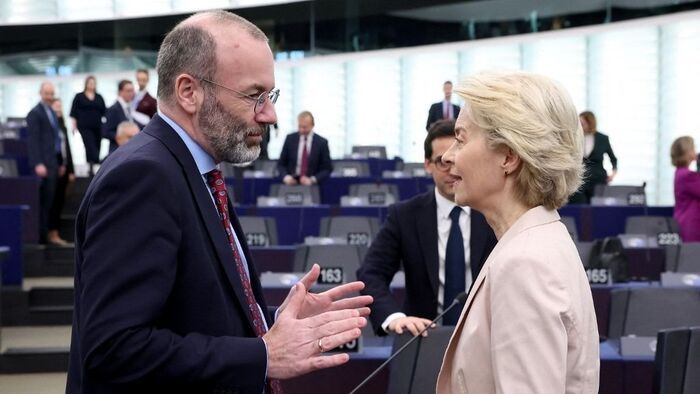
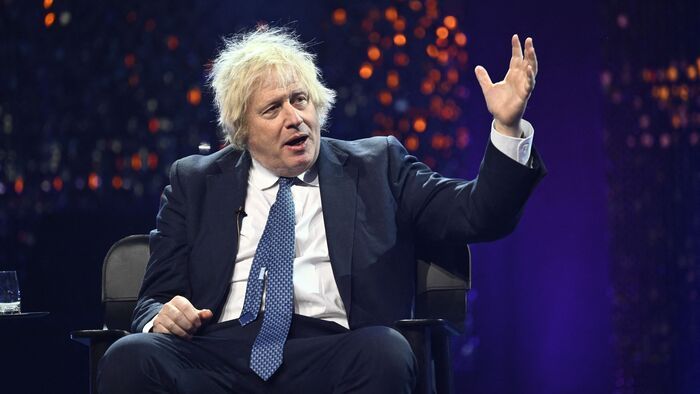
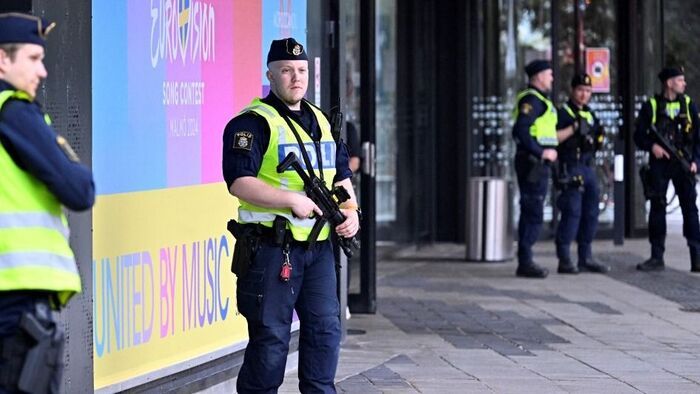

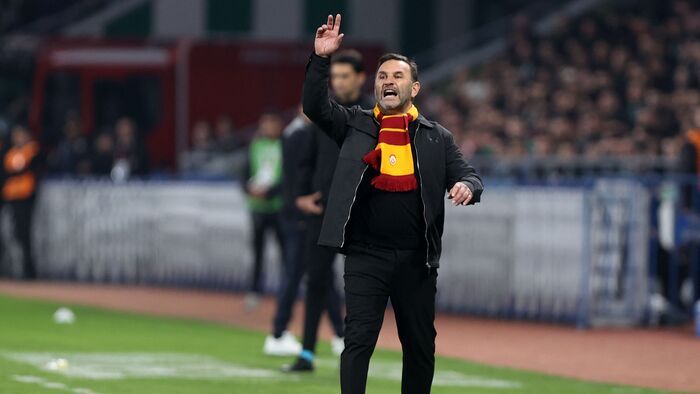
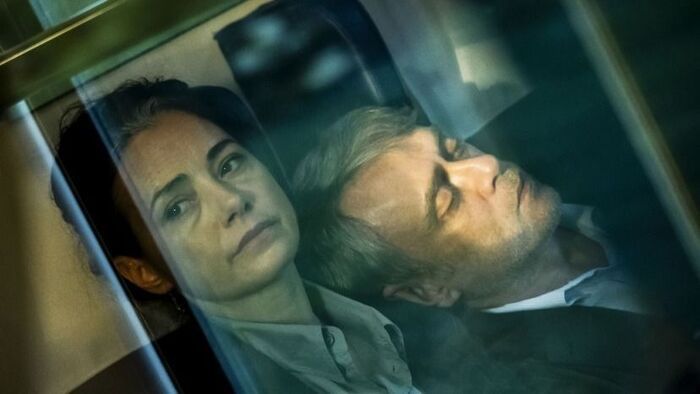
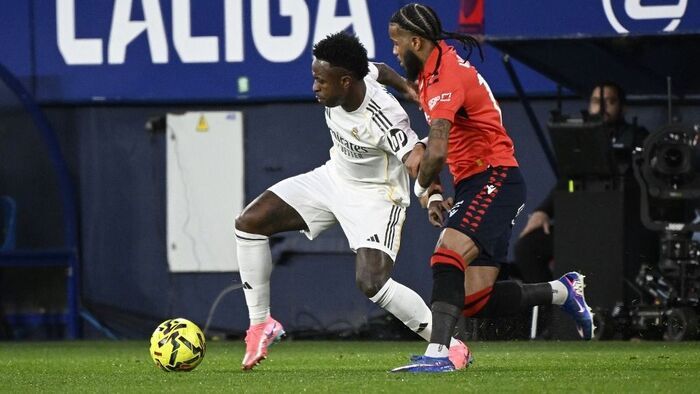

Szóljon hozzá!
Jelenleg csak a hozzászólások egy kis részét látja. Hozzászóláshoz és a további kommentek megtekintéséhez lépjen be, vagy regisztráljon!